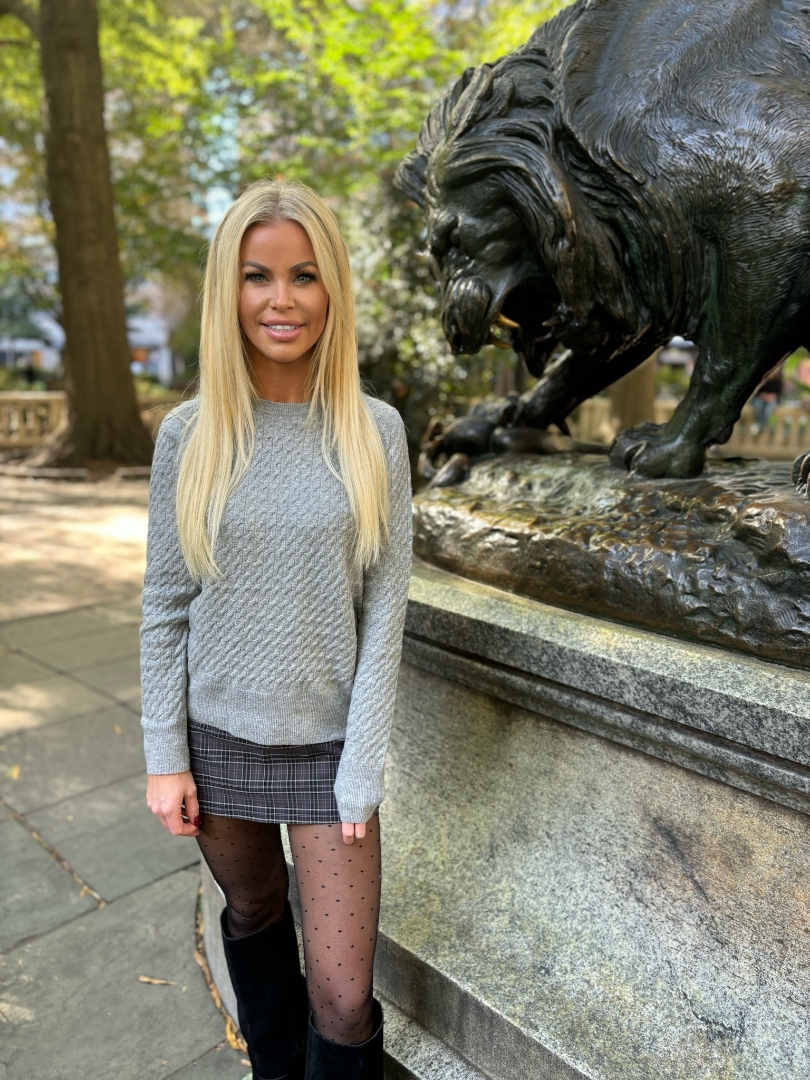The Real Estate Midas: Amanda Sokol’s Secrets to Turning Properties into Gold

Welcome to the investor agent podcast, where we are transforming mindsets from scarcity and lack to abundance and wealth! Through collaboration with high-level investors and business owners, we share the secrets of creating generational wealth and providing a pathway to financial freedom to help you fulfill your life's potential. On this VRA Investor Agent Podcast episode, we have the pleasure of interviewing Amanda Sokol, a visionary in the real estate investment realm. Amanda, the founder of Sokol Enterprises, will share her journey of transforming underdeveloped properties into thriving communities. With a passion for revitalizing neighborhoods and a commitment to affordable housing, Amanda epitomizes the shift from scarcity to abundance. Dive deep with us as we explore how collaboration, high-level investment strategies, and a focus on community impact can pave the way to generational wealth and financial freedom. Get ready to be inspired and learn how to harness real estate to fulfill your life's potential.

Real Estate Investor
Amanda Sokol is the founder of Sokol Enterprises, a buy-and-hold real estate investment company specializing in heavy value-add multifamily properties and small development sites across New Jersey, Pennsylvania, and Florida. With a passion for analyzing deals, uncovering hidden value, and creating opportunities where others overlook, Amanda has built a reputation as a strategic and forward-thinking investor.
Beyond real estate, Amanda is active in next-generation tech and media ventures. She plays a key role in raising capital and expanding investor relations for Galxy, a revenue-generating streaming platform with a profit-sharing model for viewers. Backed by high-profile investors such as Tim Draper, Galxy is rapidly scaling and redefining the media landscape.
Across all her ventures, Amanda stays focused on the numbers, the people, and the vision—whether it’s breaking down a multifamily pro forma or building a disruptive media tech pitch deck. She frequently shares market insights, deal breakdowns, and investment strategies with her network and is passionate about connecting with like-minded investors, entrepreneurs, and innovators.

